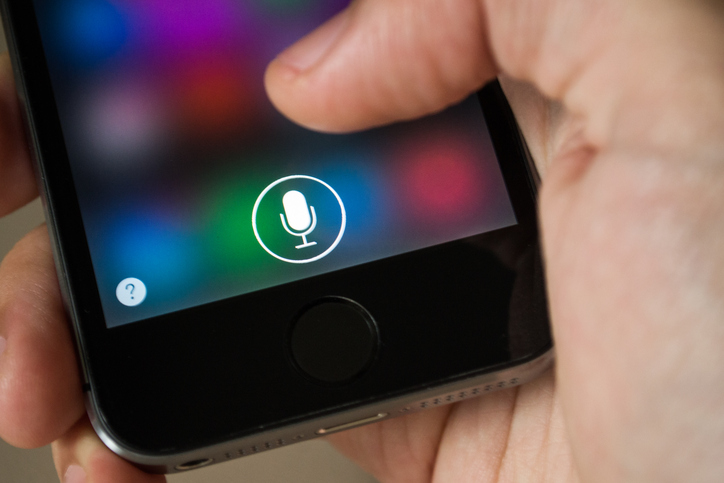“Alexa, please ask Siri, Cortana, and Google to help me set up a new home.”Are you one of the many people who use a digital personal assistant? IT research and advisory firm Gartner, Inc. predicts that by 2019 at least one quarter of those living in developed countries will use a digital assistant to manage connected functions of the home.
We just added ourselves to this number. For Christmas, my two grown sons and my husband each got digital assistants as gifts. We plugged them in around our house to try the various platforms before two of them went off to their apartment homes. Hearing one answering questions directed at another located two rooms away made for some amusement. They also opened new avenues for finding information like weather and football scores, playing music, and setting celebrity-voiced alarms.
Of course, there are myriad ways to use these platforms, with apps that will set a home security system, turn lights on and off, regulate heat, and order paper towels.
Between the ease of smart phone apps and the convenience of voice recognition with your hands wrist-deep in dish water or busy with other tasks, technology is becoming an important tool in home management. This is especially the case in the most technologically developed countries. Can you guess which these are?
The International Telecommunication Union (ITU) ranks these 20 countries as the most technologically connected: South Korea, Denmark, Iceland, UK, Sweden, Luxembourg, Switzerland, Netherlands, Hong Kong, Norway, Japan, Finland, Australia, USA, Germany, New Zealand, France, Monaco, Singapore, Estonia.
But while Internet penetration stands at 81% in developed countries, would it surprise you that it is only 40% in developing countries and 15% in least developed countries? In total, more than half the world’s population – 53% — is not accessing the Internet.
So what are some of the least connected places? Eritrea, East Timor, Myanmar, Burundi, and Sierra Leone. According to the ITU, only 1% of Eritrea’s population has Internet access. One percent has landline subscriptions and 5.6% has mobile phone subscriptions.
We have become more reliant on technology for things like travel booking, airline e-tickets, taxi apps, household shipment trackers, translation services, directions, expense monitoring, and other functions both business and personal. But it’s a wide world out there, and it helps to be prepared for varied levels of access. If your travels should take you to Eritrea, before you go, ask Alexa to order some stationery for writing letters home.
Written by Ellen Harris, GMS, International Product Director, Living Abroad
********************************************************************
With Living Abroad’s International Relocation Center, your assignees, men and women, and business travelers will never be far from getting the information they need, when they need it, no matter where they are in the world. Subscribe to one destination, or many. Living Abroad has the world covered!

